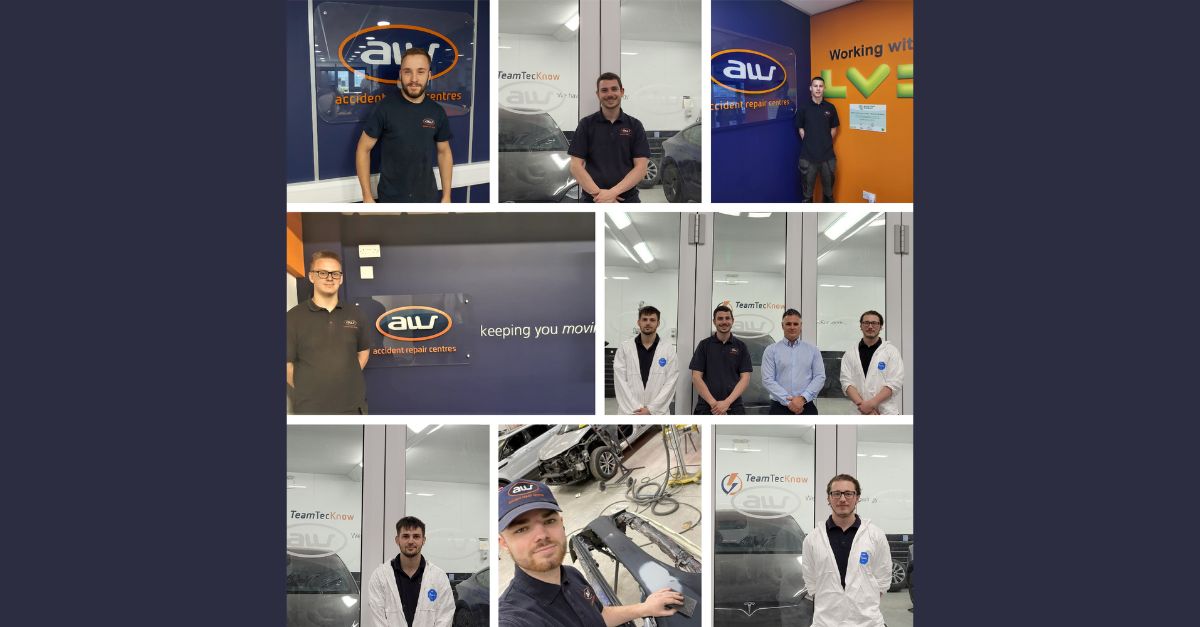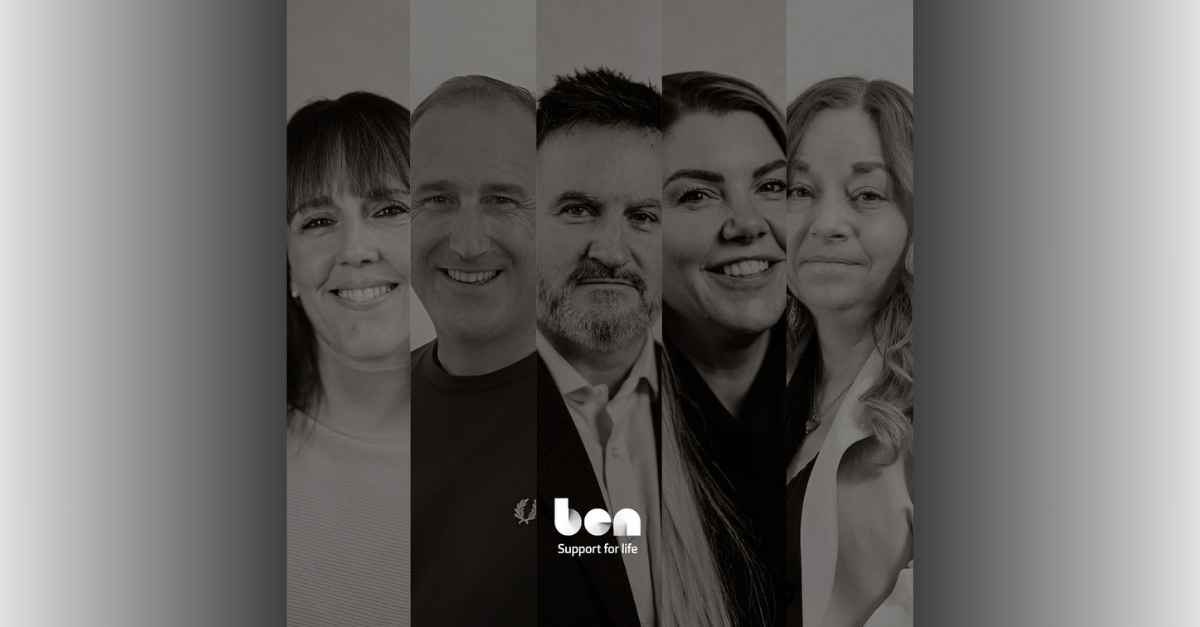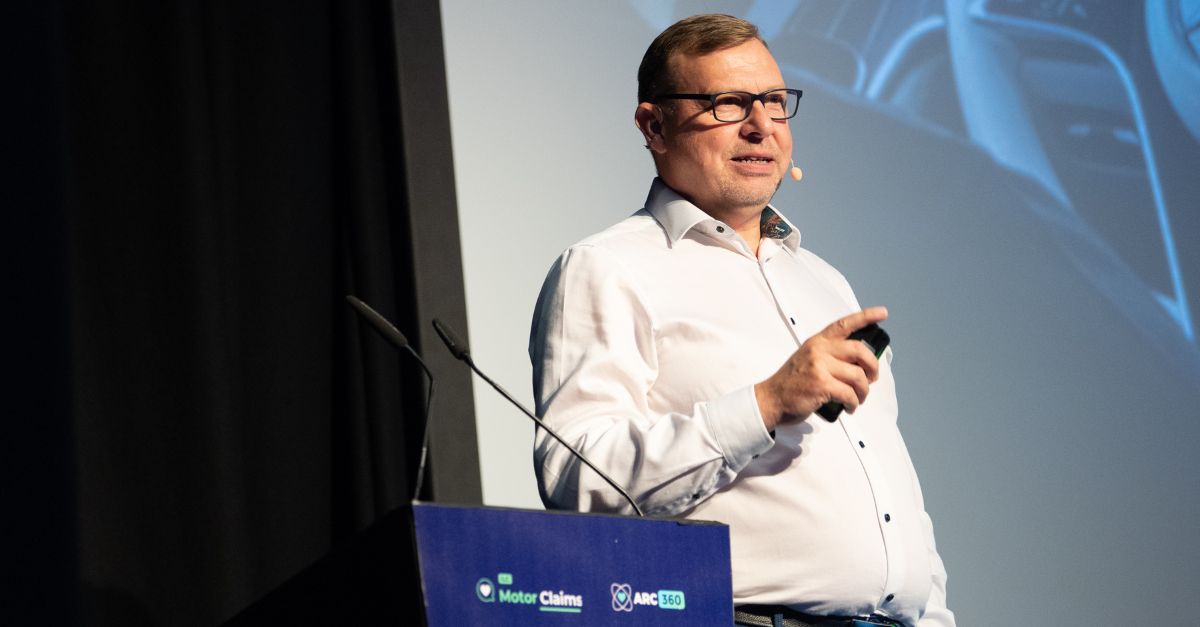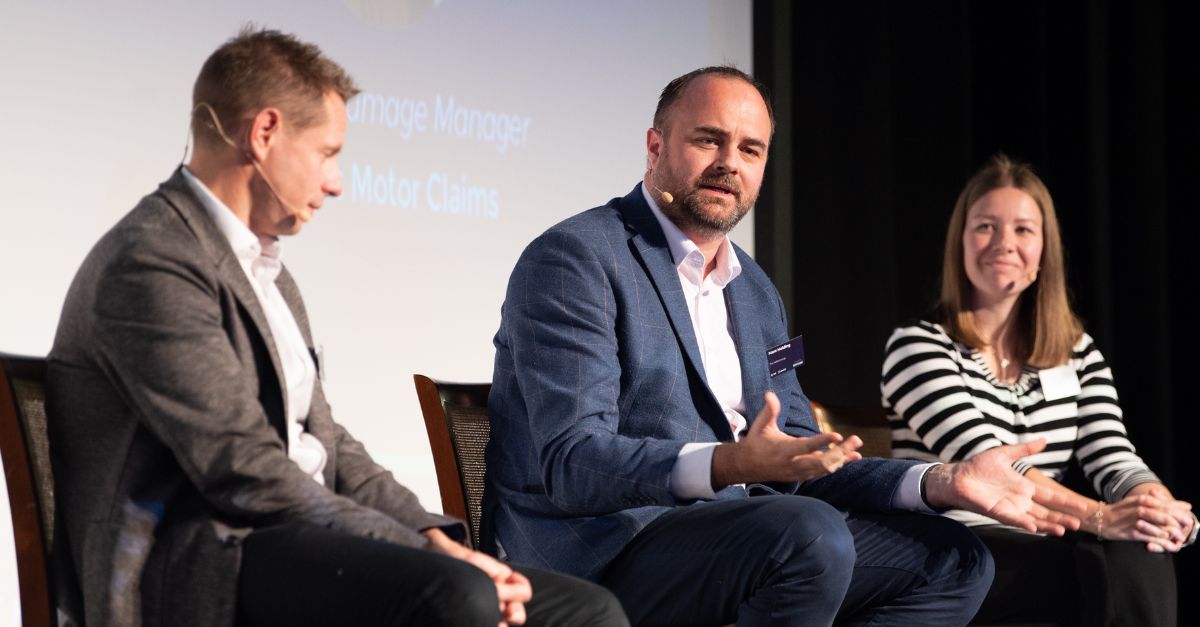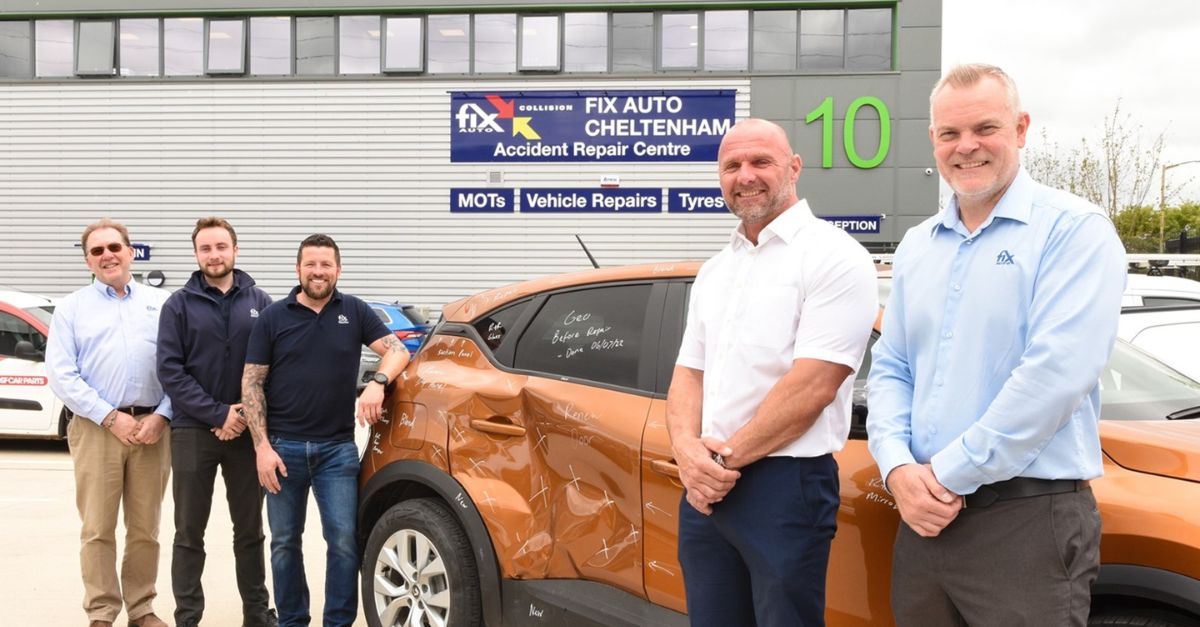Dean Lander, Head of Repair Sector Services, Thatcham Research, has urged the industry to prepare for what he calls the ACE agenda – autonomy, connectivity, and electrification.
Speaking to delegates from the main stage and the ARC360/ILC Motor Claims Showcase event, held at the CBS Arena, Coventry on 29 June, he said that all three technologies are coming to a car near you and must be incorporated into strategy by every business active in the sector.
Dean said, “These are the three things that are bringing the challenge to your business, and you need to decide what you need to do, how you need to adapt, and what you need to change.”
Autonomy
Some level of autonomy has been accepted within the industry for years now, but while individual features are being introduced steadily Dean believes the big jump will be between assisted driving, when the driver retains ultimate responsibility, and automated driving, which hands responsibility to the vehicle.
He said, “The transition from Level 2 through Level 3 to Level 4 is the danger point, the point where you need to decide who is in control of the car and who is liable. The technology capability is there now, but governments are struggling with the legislation.”
However, the trend is only heading one way.
Mandated
Dean revealed that ADAS is now a mandated system, explaining that by 2024 all new vehicles will have AEB fitted as standard and he expects it to become the first ADAS component to reach 100% fitment by 2035.
In the meantime, new European legislation (R157) is now in place that allows Level 3 automation on public roads. This includes active lane keeping systems.
The legislation stipulates that the driver must still be in a position to take over the controls if necessary. However, underlining the regulatory pitfalls, Dean says this is murky water, revealing that R157 allows the driver to make full use of the in-car infotainment system – watching a film, for example – but is not allowed to use their mobile phones.
Meanwhile, data from the vehicle must be available to show who was in control in the event of a collision.
On our roads
Dean said, “It’s very likely Level 3 will be on our roads by the end of the year. It’s already happening in Germany with the S Class and an application has been submitted for the UK to recognise it as a conditional automated vehicle here. If it’s approved, it will be the first legal Level 3 car in the UK. But it won’t be the last and if you’re running a prestige centre, you could well find yourself repairing one in 2023.”
For repairers, the difference between Level 2 and Level 3 is stark as liability shifts from the driver to the vehicle. That means, continued Dean, if a vehicle hasn’t been repaired correctly and is subsequently involved in a collision, the manufacturers will have the data to prove it and will know exactly where to place blame.
“We’ve passed the point where we can ignore this technology,” he said.
Connectivity
Connectivity is arriving under the radar somewhat, overshadowed by the likes of ADAS and electric vehicles. However, Lander pointed out that ever since drivers have been able to charge their smartphones while driving, cars have offered some level of connectivity.
The next leap forward, he explained, is wireless connectivity, which enables the game-changing introduction of Over the Air (OTA) updates. But while the convenience of this is obvious, it opens the door to what Dean describes as the biggest threat facing the industry today – cybercrime.
He said, “There are 28 million connected cars on the roads today, so cyber is the biggest concern that insurers, manufacturers and governments have.”
Underwriting
The challenge for insurers comes in underwriting. Even without the prospect of third-party interference, OTA means the product they initially insure can be updated, modified and enhanced, altering both performance and safety features. This is further complicated with the growing popularity of subscription, enabling driver to opt in and out of certain features, and then turn them off and on at their own discretion.
Repairers are not exempt either. They will be required to return all safety features to pre-collision condition even if they are not switched on, and while doing so they will be responsible for protecting the online security and integrity of communication channels such as USB ports and Bluetooth.
Electrification
The commitment to the green agenda has led to a surge in EV uptake over the past few years, and that trend is continuing. Dean said that by 2027 20% of the UK car parc will be electric, and that will have risen to 50% by 2030.
Apart from opening the industry to new entrants in the manufacturing arena, it is changing the game for repairers too. He pointed to new on-site risks around fire, chemical and gas leakage, adding that layouts will have to change as well to ensure each bodyshop has dedicated quarantine areas for damaged EVs.
Meanwhile, the actual repair process is also affected: removing the battery can impact vehicle alignment, meaning sensors will need to be recalibrated; welding may need to be reconsidered as high voltage and high heat don’t mix well, meaning more parts might have to be removed first; while the curing process will also be impacted as batteries can’t handle the temperatures of paint ovens.
Collaboration
Dean concluded, “Eventually repair volumes will decrease, but right now the capacity demand is growing because of the complexity of vehicles and the lack of skills. There will also be different ownership models and different entrants to market who aren’t burdened by legacy constraints.
“It is challenging, but everybody in the supply chain is under pressure so why not come together and work it out?”
The Motor Claims Showcase event was headline sponsored by Enterprise Rent-A-Car, along with fellow sponsors EDAM Group, Control Expert and Procurato.
ILC would like to thank its motor Corporate Partners: AkzoNobel; Audatex; Autoglass; CAPS; Carpenters Group; Copart; Davies Group; e2e; Entegral; Enterprise Rent-A-Car; Gemini ARC; GT Motive; The Green Parts Specialists; IAA; Innovation Group; S&G Response; Sherwin Williams; and thingco.
ARC360 would like to thank its Corporate Partners: Audatex; BASF; BMS; CAPS; Copart; EMACS; Entegral; Enterprise Rent-A-Car; Innovation Group; Mirka; NWVA; S&G Response; and Sherwin Williams, as well as Partners asTech; The Green Parts Specialists; Indasa; and Prasco UK.

